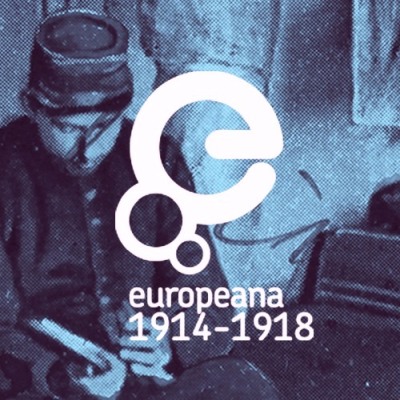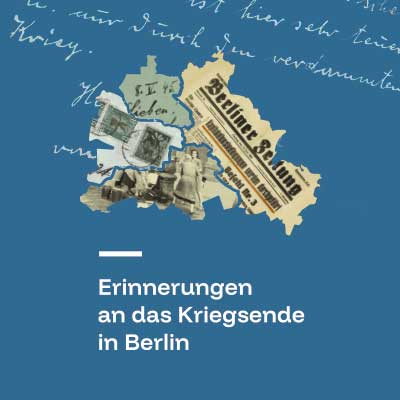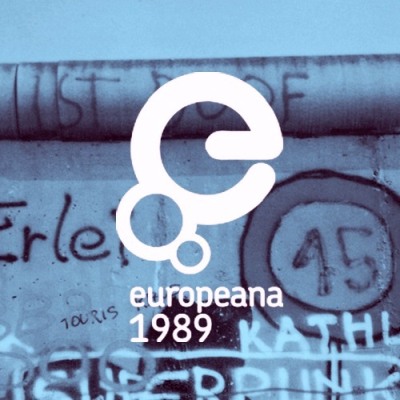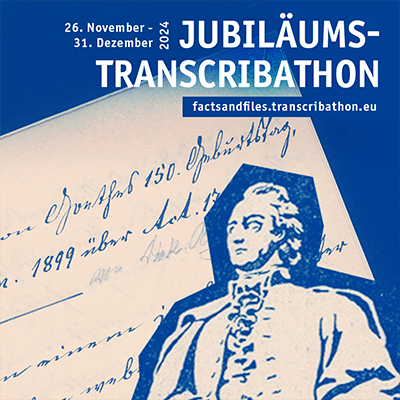Take part in the Transcribathon
Join the race to transcribe and annotate historical documents
Transcribathon aims to enrich digital cultural heritage using the power of the crowd.
Transcribathon is a crowdsourcing platform that offers you the unique opportunity to work with historical material and become an integral part of their digitisation process. This digital material — scanned images of historical letters, diaries and pictures — has been collected by various cultural heritage institutions and are showcased in our projects. By discovering, reading, and adding transcriptions, tags and georeferences to these documents, you play a vital role in increasing their access and open up their future potential for research and education.
You also join the race with other volunteer historians. Work together and compete with our community to make it to the top transcribers leaderboard.
Joining is free and all of our projects are open to everyone.
All you need to do is create an account.
407 024
DOCUMENTS
59 877 278
CHARACTERS
188 203
ENRICHMENTS
The first prototype of the Transcribathon tool was created in 2014 by Facts & Files and Olaf Baldini/Piktoresk and funded by the German Federal Government Commissioner for Culture and the Media (BKM). The tool was further developed in 2016 into the Transcribathon Europeana 1914-1918 website, which focused on the transcription of documents from the Europeana 1914-1918 collection, co-funded by the European Commission.
In 2019, the Transcribathon platform was updated, improved and extended within the framework of the Enrich Europeana project, which, among other improvements, now enabled the incorporation of multiple digital heritage collections. The Enrich Europeana project was jointly developed by the Austrian Institute of Technology, Facts & Files, Europeana, NET7, Biblioteca Judeteana "Octavian Goga" Cluj, the Austrian National Library and Poznań Supercomputing and Networking Center, and co-funded by the Connecting Europe Facility of the European Union.
The following EnrichEuropeana+ project of 2021-2023 further improved the platform by combining Artificial Intelligence, such as Handwritten Text Recognition technology created by H2020 Project READ (2016-2019), and contributions from members of the public acting as ‘Citizen Scientists’. The project also involved applying natural language processing and big data analysis technology to analyse transcriptions and their translations, providing support for semantic metadata enrichment, clustering and classification.










